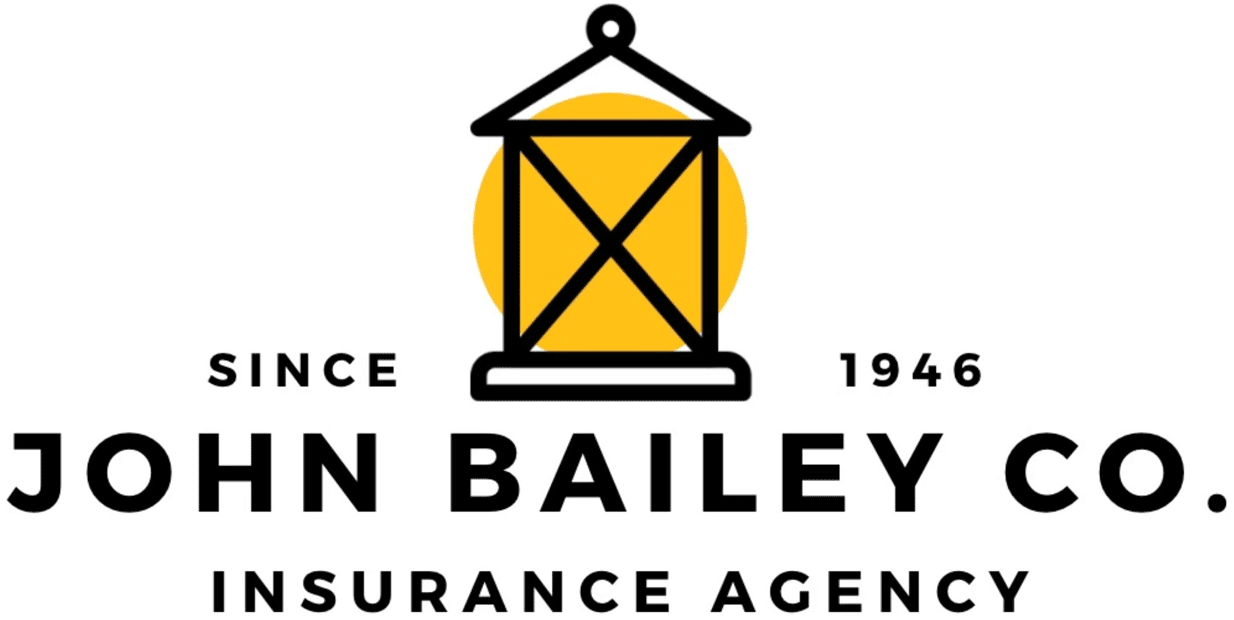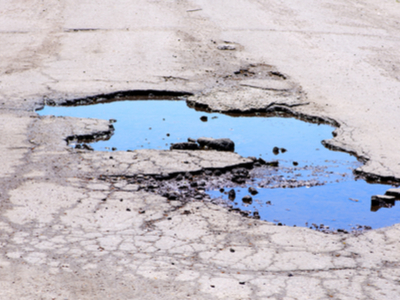If you do a quick online GOOGLE News search for the phrase “winter potholes,” chances are the search engine will return in excess of 52,000 results. And there is a good reason for this: Almost every state, at some time or another, experiences severe weather conditions which precipitate roadway potholes. And the severe weather events over the past 12 months including floods, hurricanes, dramatic shifts in winter temperatures, snowstorms, mudslides, rainstorms and even drought have wreaked havoc on our highways and byways. But as a driver and vehicle owner, it is important to understand the problem with potholes, and how they can impact your car and your wallet.
A 30,000-ft national view of the problem with potholes
In February 2016, the American Automobile Association (AAA) published the survey results of pothole damage costs in the United States. Over a five-year period, repairs resulting from pothole damage cost U.S. drivers $15 billion or at least $3 billion per year. According to John Nielsen, AAA’s managing director of Automotive Engineering and Repair:
“In the last five years, 16 million drivers across the country have suffered pothole damage to their vehicles. The problems range from tire punctures and bent wheels, to more expensive suspension damage.”
Of interest, the AAA survey also reported that the average amount American drivers reported paying to repair their vehicle’s pothole damage was $300.
What do you understand about your coverage for pothole damage?
Since 1946, the John Bailey Company has been offering auto insurance working with clients in the Knoxville, TN, area and beyond. It is our goal to find the best coverage options to fit your budget and protect your family and your vehicle. These options include liability coverage, uninsured motorist, medical payments, collision coverage and comprehensive coverage.
Every insured driver should understand which coverage comes into play with pothole damage. Here are few items to consider:
- Your state of residence will determine which coverages you are required to purchase. Every state is slightly different. Your state may not require collision and comprehensive, so you will want to discuss the merits of these two coverages with your agent.
- The Insurance Information Institute (III) cautions that pothole damage is usually covered by collision coverage, that is a collision with an object (including potholes), another car or a single vehicle accident. Remember collision coverage is almost always sold with a deductible which you will be responsible for paying.
- Common damage resulting from hitting a pothole can range from a flat tire and/or bent wheel rim to suspension and steering damage, as well as damage to the body of the car.
- Some states will allow you to submit a claim to recover costs, if you can document negligence on the part of the state.
For example, on February 12, 2018, NBC’s Channel 10 WBIR reported on potholes and explained that Tennessee residents are referred to the Tennessee Department of Transportation’s (TDOT) Pothole Repair web page.
“If drivers hit a pothole and experience damage to their vehicle, they may submit a damage claim. Claims are investigated on a case-by-case basis through the Division of Claims Administration, an agency not associated with TDOT. Investigators review the circumstances, the type and location of the pothole, determine if TDOT had been previously notified of the issue, and if crews had been given a reasonable amount of time to repair the pothole.”
If you still have questions…talk to your agent
Be on pothole patrol! As always, it is important to be aware of driving conditions, regardless of the season. Be alert, maintain proper tire inflation, and consider the traffic around you. If you can’t avoid a pothole, then reduce your speed and move through the pothole slowly.
With today’s blog post our John Bailey Company team seeks to help you mitigate your exposure both before you collide with a pothole, as well as after. We are here to discuss your coverage, accident, and the merits of making a claim.

